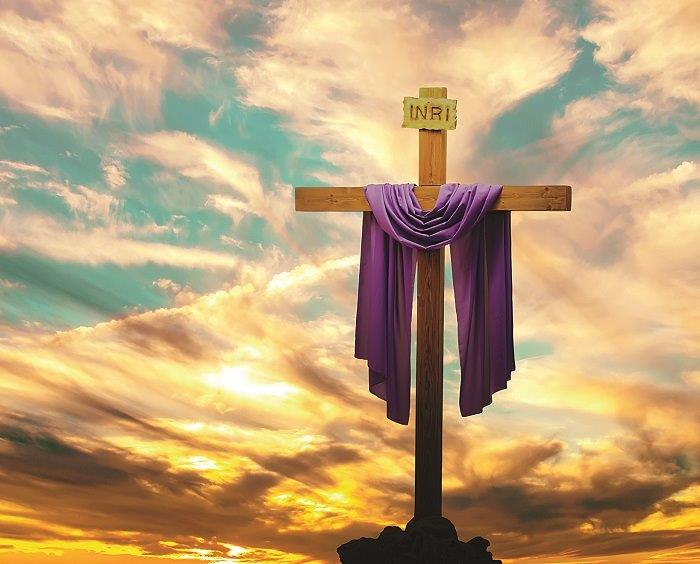One of the most moving services in the Christian year occurs on Good Friday when we retell the story of Jesus’ crucifixion. The story involves betrayal, lies and violence.
Our world is awash in violence be it terrorism, the war on terror, street violence, domestic violence, or violence against creation. The rhetoric of violence is alive and well among a number of world leaders. The recent Royal Commission into Institutional Responses to Child Sexual Abuse has unearthed systemic violence and abuse against vulnerable young people.
In addressing issues of violence, I have found the suggestions of the American theologian, Daniel Migliore helpful. He highlights how the crucified Christ addresses our world of violence through three propositions:
1. Christ died for us in order to expose our world of violence for what it is: a world that is in deadly bondage to sin and violence and stands under God’s judgement.
In the cross, we see human rejection of Christ’s way of compassion, reconciliation and peace. The cross is the world’s violent judgement on the grace of God. Christ is perceived as a threat to our systems of power and privilege, so we put him to death. But in crucifying God’s son, our reign of violence is placed under God’s judgement. In the crucifixion narratives of the gospels, witnesses are called who give false testimony. At the trial there is no mention of the good Christ did – the healings, exorcisms, acceptance of the outcast – no witness for the defence. Surely, this is a symbol of human perversity and denial that is exposed for all to see.
2. Christ died for us in order to reveal and mediate God’s free gift of love and forgiveness that breaks the unending cycle of hatred and retribution.
In the cross, God absorbs human violence and hatred into God’s self. Here is revealed the “weakness of God” (1Cor 1:25) that overcomes our violence and cycles of revenge. The risen Lord returns to his disciples with words of peace, assurance, and forgiveness (John 20:19-23). The disciples are then sent out to mediate that love and forgiveness to others. This is all given as a free gift of God’s grace. So often we humans get caught up in endless cycles of revenge. In the cross and resurrection, Christ breaks this cycle of retaliation and through the gift of his spirit opens up a new way.
3. Christ died for us in order to open in the midst of our violent world, a new future of reconciliation and peace for a new humanity.
On Good Friday we do not pretend that Easter has not happened. Rather, we see the cross through the lens of the resurrection – there is our hope. In the resurrection we bear witness to the non-violent love that offers a new beginning for the world. In the resurrection, God vindicates Christ’s way of non- violent love and compassion. His teaching, his acceptance of the outcast and the stranger is affirmed as God’s way, and so many of our practices are judged negatively.
So, as we leave church on Good Friday, we do not leave only having touched the pain of our world and our personal pain. We leave Good Friday with a new hope in our hearts, eager for Easter Sunday and the promise of new possibilities.
I pray that as you journey through Lent and Easter you might experience the hope of the crucifixion and resurrection of Christ. I pray that this might be a time of renewal when you see new possibilities in your life and see where you can bring Christ’s new life to those in greatest need.
Rev Alan Jeffrey
